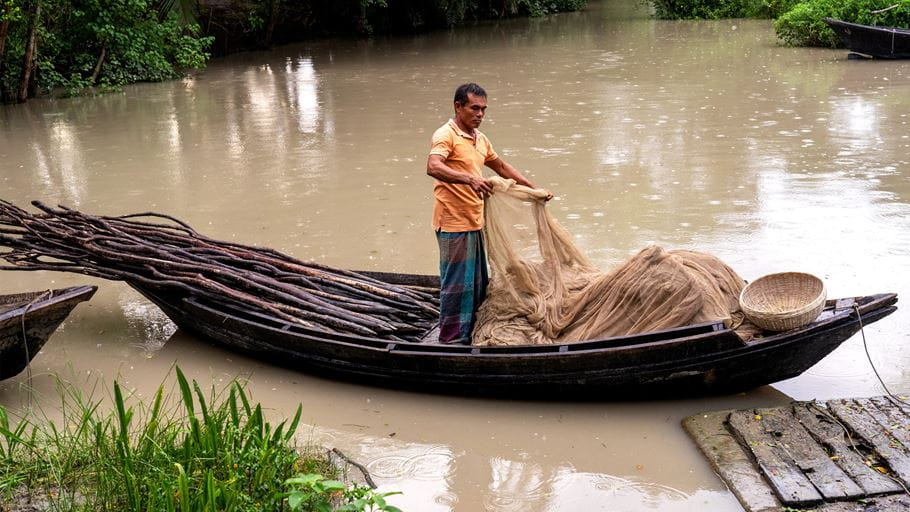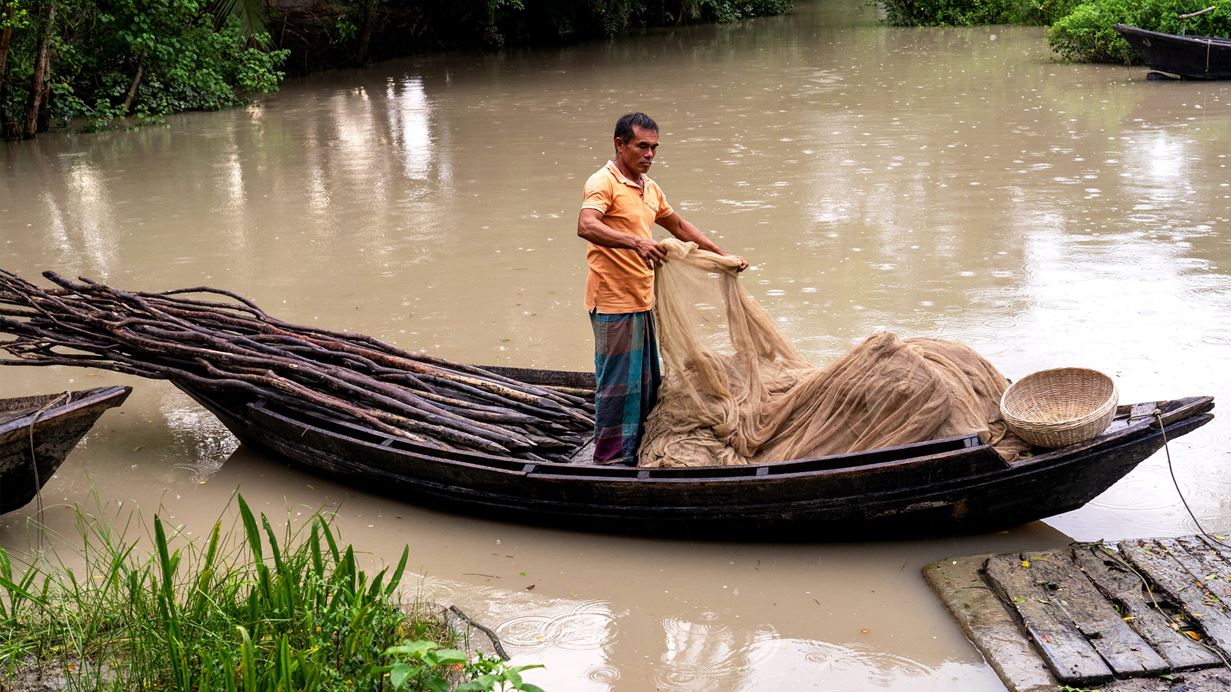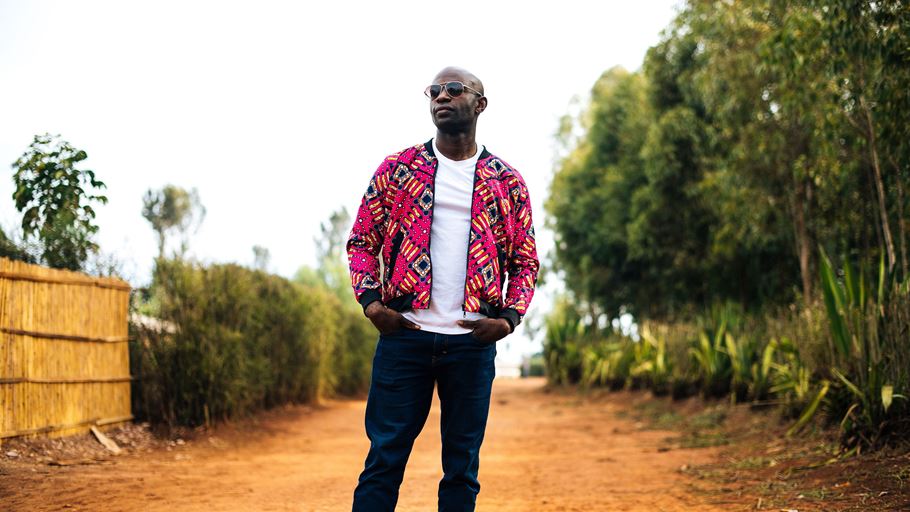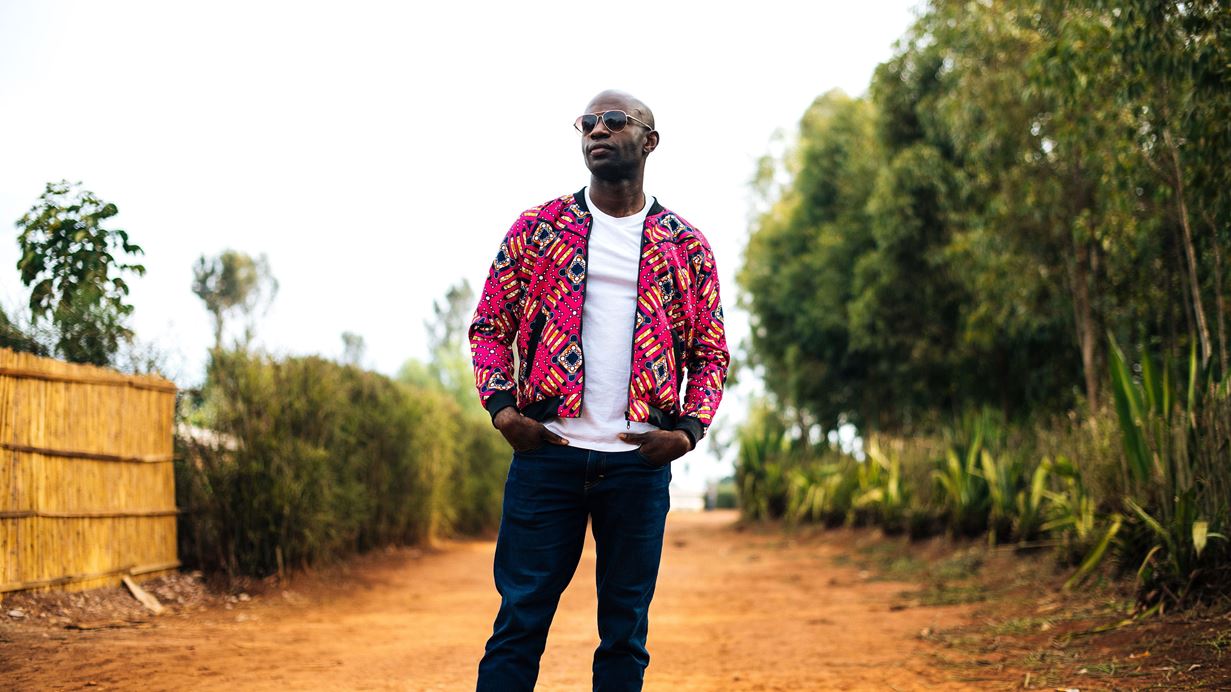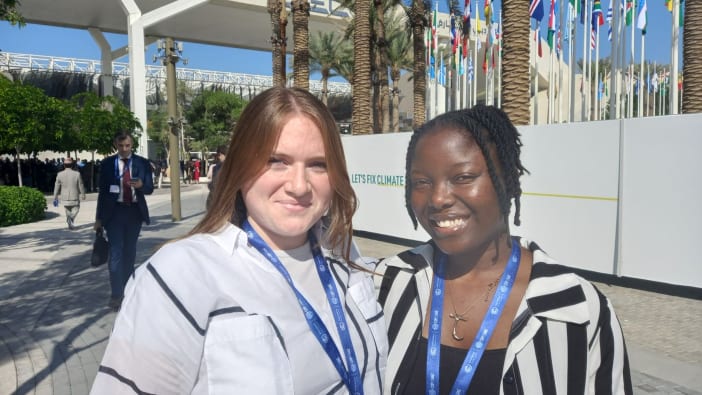Are you guilty of buying clothes that you never wear? If so, you’re in good company, because a Tearfund survey found that 57 per cent of us own clothes we have never actually worn. In the era of fast fashion, we’re buying more clothes than ever before. But it seems that most of us aren’t connecting our shopping habits with the climate crisis.
Tearfund’s recent survey, carried out by Savanta ComRes, found that the majority of people don’t consider the impact of fast fashion on the environment. Only four per cent of shoppers said that the carbon footprint of new clothing was a top consideration when deciding what to buy.
This could be because many of us aren’t aware of the devastating impact of fast fashion on both the environment and the world’s poorest people.
It may surprise you to know that the fashion industry generates more harmful carbon emissions than all international flights and shipping combined.
In fact, the fashion industry is the second largest cause of pollution globally and a huge contributor to the climate crisis. And it’s people living in poverty who are paying the price.
The struggle to survive
Lamuchi, a fisherman, lives with his wife and two sons in a coastal village in Bangladesh. Because of climate change, disasters such as cyclones and floods have become more frequent and severe – leading to loss of lives, homes and businesses. As a result, vulnerable people like Lamuchi and his family have been pushed further into poverty.
‘The water level is increasing day by day,’ Lamuchi says. ‘Floods are happening very often. When I was a boy, I can remember that floods did not even occur once within five years. But now, floods take place here three to four times every year.’
The increasingly extreme weather – linked to pollution caused by fast fashion and other industries – means that Lamuchi is no longer able to earn enough from fishing. He often risks his life – braving the monsoons in his boat – just to catch enough to feed his family.
‘I am struggling hard,’ Lamuchi tells us. ‘I do that day or night, even in rainfall or flood or anything else… we can't live without eating.’







